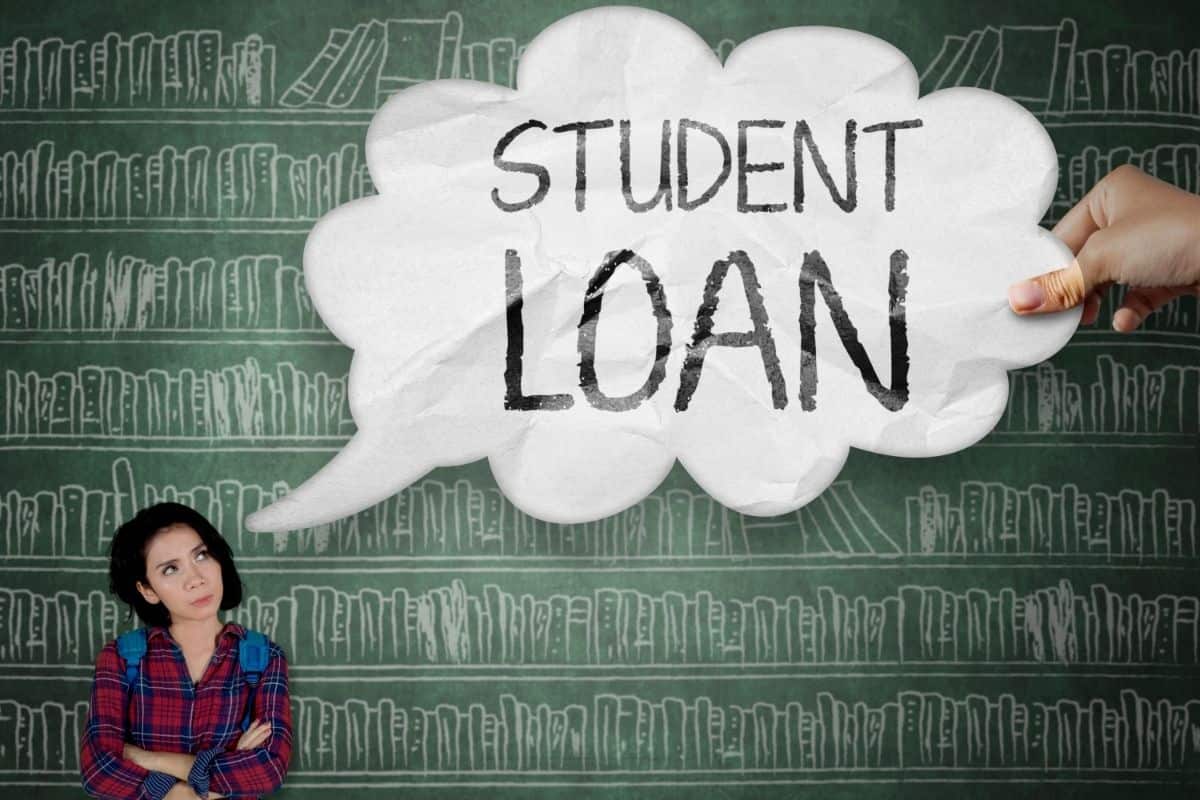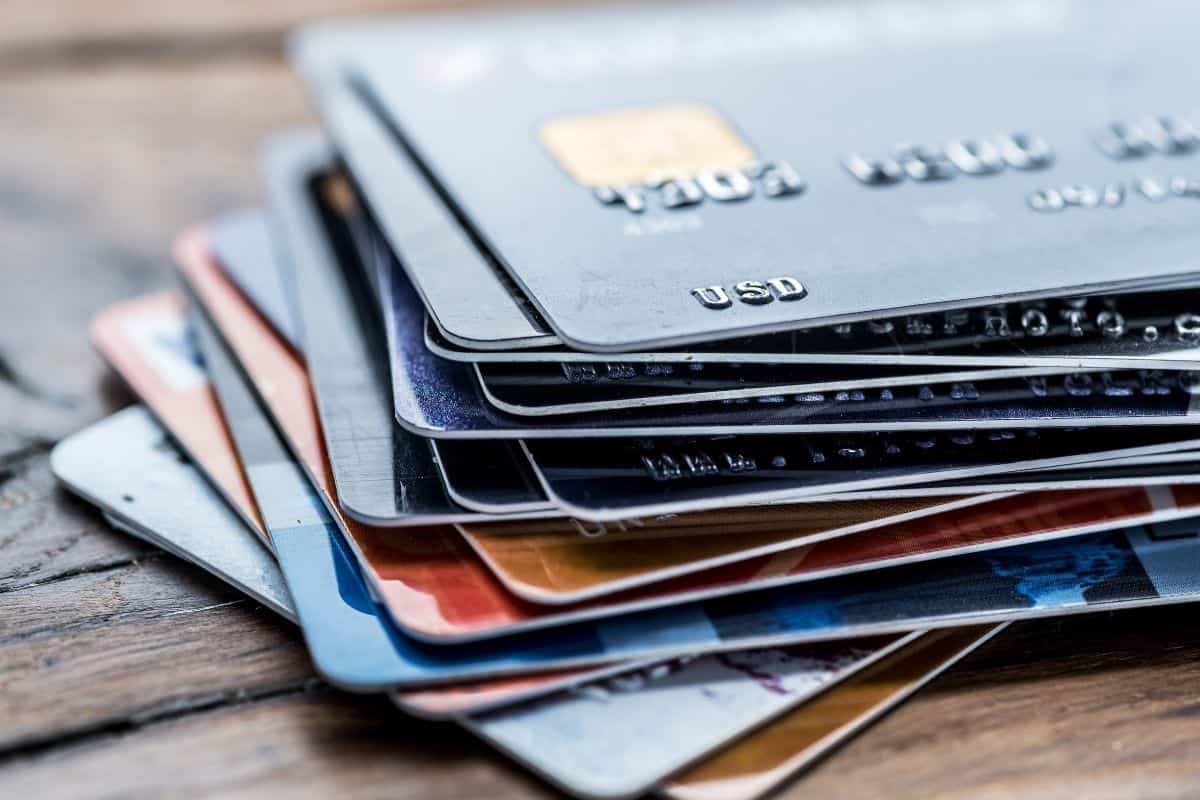Student loans are the burden of the majority of students.
A big question is how you pay the loans down after having completed College. One of those answers that might cross your mind is a credit card.
But, can you actually pay student loans with a credit card? Or, are you just entering a world of pain? Would these payments even be legitimately accepted?
These are all good questions. This article is going to tackle some of this content and take a look at whether it is possible to pay off your student loan by using a credit card.
Your Credit File: An Overview
Your credit file is a database all about you. It is a record of your address history, personal information, bank accounts, and any credit file you may have opened in your name.
Credit files are things like personal loans, payday loans, credit cards, car loans, overdrafts, mobile phone contracts, and so on.
Whenever you take out a new line of credit or default on a payment, this all contributes to your overall credit score.
A credit score is a number based on all the factors we have discussed that reflect your ability to handle credit and how reliable you might look to any future potential lenders.
What Is A Credit Card?
A credit card looks just like your regular bank card. It is a payment device that you borrow against your own income.
There is a credit limit that can change as you progress in your relationship with your lender.
There are charges if you go over this agreed credit limit. There are also interest charges that must be paid monthly on top of any minimum payment charge that has been requested.
Credit cards are tempting, but they are an easy way to get into debt fast if you don’t manage them properly.
What Is A Student Loan?

A student loan is a specific loan taken out to cover the costs of tuition and maybe living costs as a student too.
These are available to most students who apply for them, and they come with special and specific terms and conditions.
Unlike regular loans that take into account your personal circumstances and your income, student loans don’t tend to do this.
Student Loan Repayment Methods
Your student loan repayments don’t usually start until you have completed your college course and entered an employment contract.
You will face interest charges at first, that’s how the loan companies make their money.
In short, you will have a monthly fixed sum that is proportionate to your income. This will need to be paid in full on time every month until your balance is zero.
Most people pay this through their income. Your income is what you earn as remuneration from your job or chosen employment.
Student Loan Companies And Their Repayment Policies
Lots of government regulated student loan companies are not able to accept credit card payments against your student loan. It goes against their lending policies.
If a company is willing to accept a credit card payment, they will face fees of their own that make their repayment quota less profitable overall.
So there is no real benefit or advantage for student loan companies to accept a credit card as a valid form of repayment against a loan.
The only real companies that may accept a credit card repayment are private student loan companies that work without federal input.
Repaying Credit With Credit: The Risks
If you decide to repay your loan with a credit card, and that option is available to you, you need to be aware of the risks.
1. You Can Get Into More Debt Really Easily.
This one is the main point to drive home, really. If you take out more credit to pay off an already existing loan debt, you are taking a big risk with your finances. It can be overwhelming to try to reconcile these two things.
2. You May Get Stuck In A Cycle Of Paying Interest.
The first ever repayments that you make against your student loan will be dominated by interest repayments. Very little of your actual loan balance will actually deplete until you are well into the repayment journey.
That is just the nature of these types of loans.
So, if you then opt for paying with a credit card instead of through your income, you will still have that credit card to pay off.
Credit cards also have interest repayments. If you spend money every month only paying your interest charges, you can get stuck in a cycle of feeling trapped and inundated.
You may feel that you are never really making any real dent in your loan repayments, or your credit card ones.
3. You Will Harm Your Credit File.
The credit card will go on your permanent credit file record. This is unavoidable. It will be there until you have paid it off and closed the line of credit.
Every time that you take out a line of credit, your future offers of credit depletes rapidly. The more credit you take on, the less likely you are to get future credit. This is especially true in the short term.
The more you borrow, the lower your credit score gets. Lenders don’t want to see someone taking out large lines of credit left, right, and center.
4. You Will Ultimately Accumulate More Debt.
Sliding on from that point and into our next one, your overall debt catalog will increase if you also take out a credit card in order to repay your student loans.
Even if you do a balance transfer, the debt still exists in your name. You still have to pay it.
There may even be more serious consequences if you default with a credit card company compared to a student loan one.
Repaying Credit With Credit: The Advantages
We have covered the risks, so it’s only fair to look at any advantages that there might be with paying your student loan with a credit card.
1. Credit Card Interest Rates Might Be Lower Than The Student Loan.
You might be attracted by the lower interest rates that credit cards can offer you.
But it is unlikely that as a young person fresh out of college saddled with student loans that you will be able to get a credit line big enough to pay everything all off in one go.
You do have the option sometimes of transferring your student loan line of credit onto a credit card balance. But, again, this option is not always available and companies don’t like to offer it freely.
Conclusion
To summarize, yes, you can sometimes pay off your student loans with a credit card.
The chances of this being an option are slim. If you do decide to go down this route, thorough research will be your best friend.
There is little point in transferring one line of credit for another if the interest rates aren’t going to change and your repayment commitments won’t shift from debt to debt.
